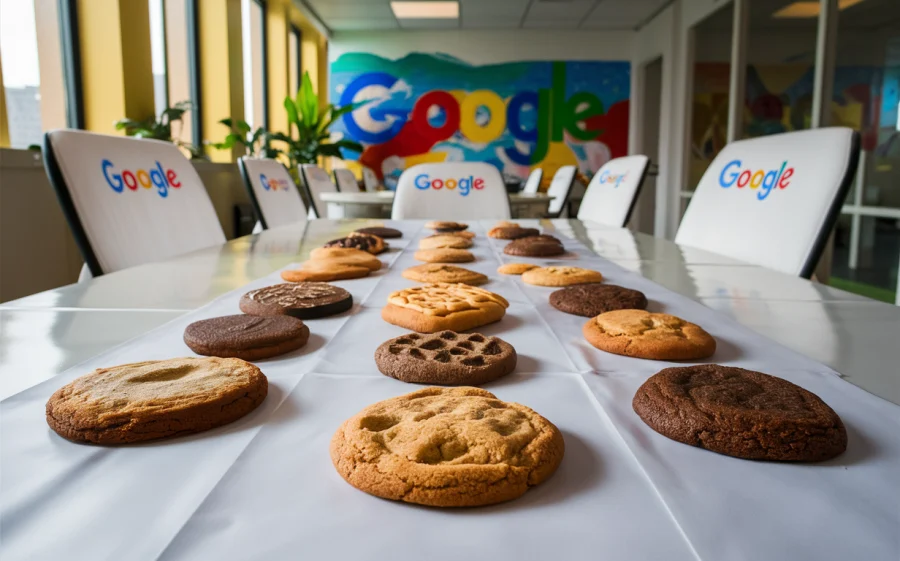Google cancels plans to scrap cookies


After Google said it would eliminate cookies, sending the advertising industry and policymakers scrambling, they’ve now done a U-turn on… Continue reading Google cancels plans to scrap cookies
The post Google cancels plans to scrap cookies appeared first on ReadWrite.

After Google said it would eliminate cookies, sending the advertising industry and policymakers scrambling, they’ve now done a U-turn on the idea.
On Monday, the company said it would no longer get rid of third-party cookies and would instead introduce an alternative.
“Instead of deprecating third-party cookies, we would introduce a new experience in Chrome that lets people make an informed choice that applies across their web browsing, and they’d be able to adjust that choice at any time,” said Privacy Sandbox VP Anthony Chavez in a blog post.
Privacy Sandbox was an initiative set up by the technology giant to test efforts and find solutions for improving online privacy.
The VP notes how the team has received feedback from various stakeholders including UK regulators, publishers, web developers, standards groups, civil society, and people in the advertising industry.
“This feedback has helped us craft solutions that aim to support a competitive and thriving marketplace that works for publishers and advertisers, and encourage the adoption of privacy-enhancing technologies.”
While the new pathway has been announced, there’s still work to be done on discussing this with regulators. Google says they’ll engage with the industry as they roll it out.
What are third-party cookies used for and why has this been a huge deal for Google?
Google first announced plans in 2020 to cut support for third-party tracking in Chrome by 2022. This deadline was later pushed back to 2025.
Within that time, the advertising industry and regulators have been left trying to figure out how this will impact them going forward. This is because third-party cookies are small pieces of data stored on your web browser by websites other than the one you’re currently visiting.
These are then used for personalized advertising and website analytics as they can track user behavior across different websites.
If these are to be stopped, businesses wouldn’t be able to run efficient targeted advertisements. These ads mean better engagement which in turn means more revenue for advertisers, publishers, and online platforms.
Featured Image: Via Ideogram
The post Google cancels plans to scrap cookies appeared first on ReadWrite.
